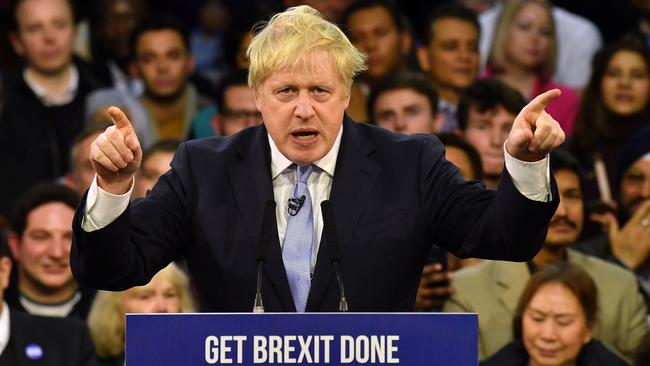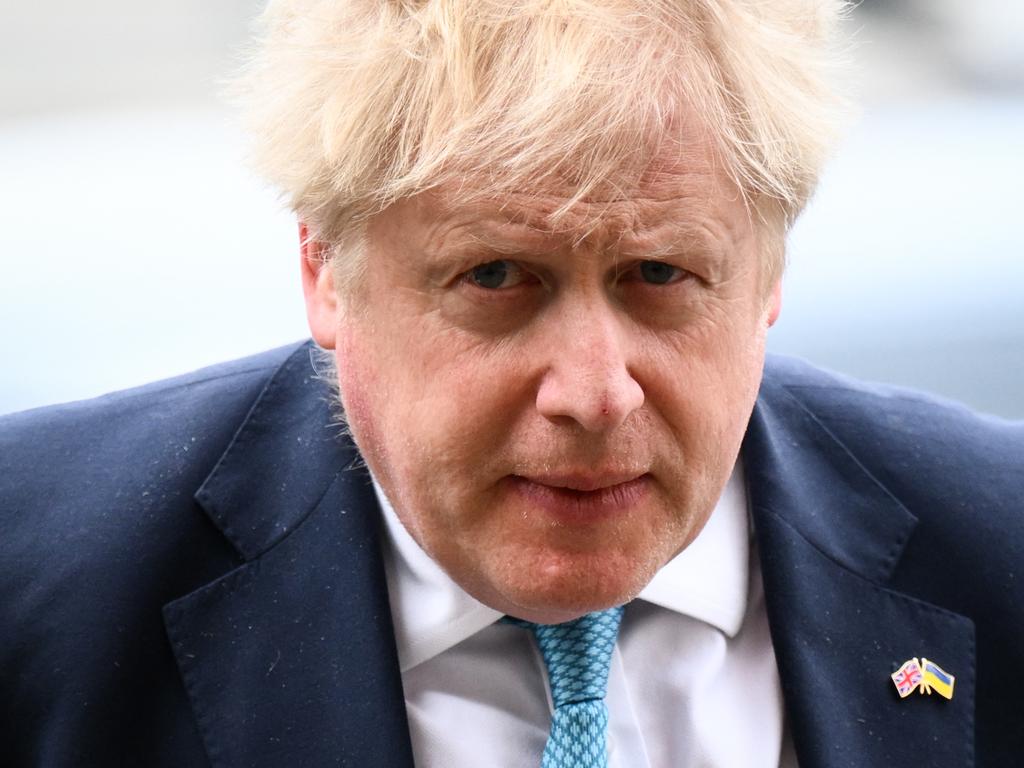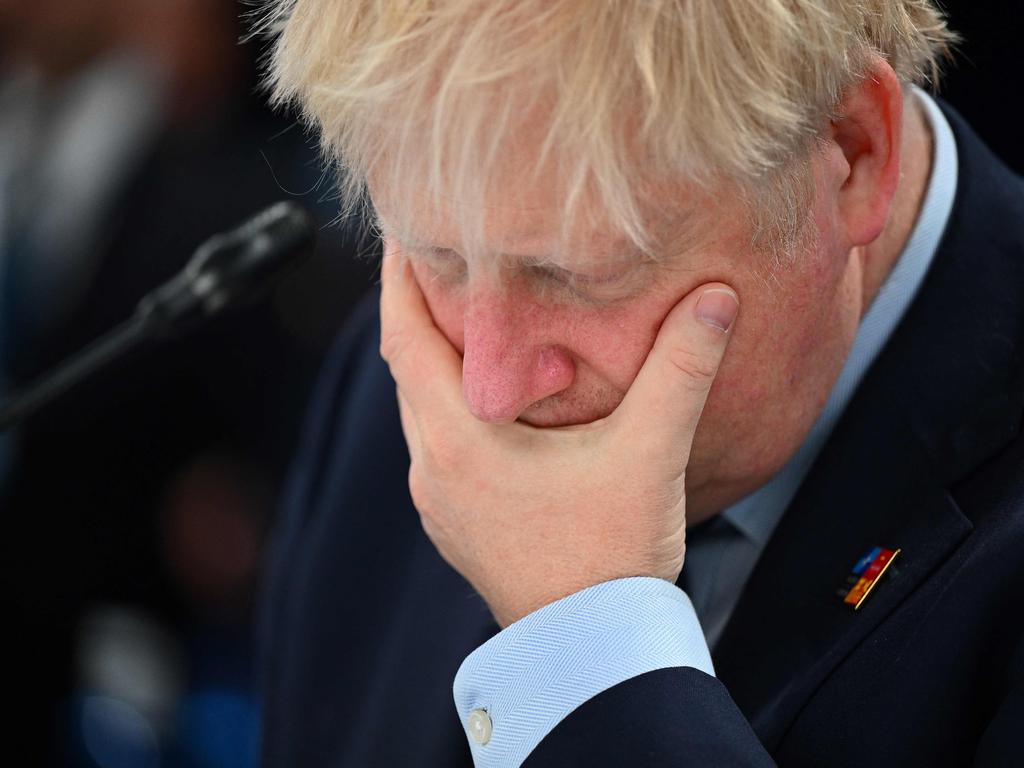Boris Johnson’s true crime: he delivered on Brexit

It needs to be remembered that Johnson became British Prime Minister in July 2019 when Theresa May finally was driven out of office by the intransigence of the EU and some of her Conservative colleagues. Although the electorate in Britain had voted to leave the EU in 2016, the bitterness in Brussels over this vote made implementation of Brexit almost impossible, especially when it was still opposed by many in the Conservative party.
In the general election of December 2019, however, Johnson triumphed with an overall majority of 80 seats on the promise of seeing Brexit finally take place. And Brexit was concluded, although the EU is still trying to obstruct trade between Britain and another part of the UK in the form of Northern Ireland. This was a signal achievement by Johnson and it occurred during a period when the UK, like the rest of the world, was suffering from the private and public paralysis induced by Covid-19.
There could scarcely be a more difficult period than the past 2½ years to be in government in many countries but it could be argued that Johnson presided over a public health regime that struck some kind of balance between the suppression of the virus and the ability of people to go about their everyday affairs.
So where did these impressive beginnings start to unravel? It is easy to point to any number of instances of Johnson’s cavalier disregard for caution, including the social functions held in Downing Street during nationwide lockdowns. These functions were of no great significance in themselves but they certainly reflected a lack of empathy with the public.
It is important to note, however, that the entire British establishment – including almost all of the media – was violently opposed to Brexit and would never forgive Johnson for his role in bringing it about. It would be an understatement to say these groups were looking for opportunities to undermine his prime ministership and it is doubtful that they would have been looking so closely if someone else had been in that post. It is interesting that Johnson is continually described in a hostile press, even in Australia, as a populist – this now being a term of abuse – when all he did was to act on a popular vote of the electorate.
It is likely that Johnson’s flamboyant character would always make him a figure of controversy. Not to mention his sense of humour, which is something that seems to have gone out of public life in recent times. There is perhaps an Australian analogy in the form of John Gorton, who became prime minister after the drowning of Harold Holt in late 1967 but lasted little more than three years in that role. Gorton had quite a lot of electoral appeal but his erratic dealings with many of his party colleagues led to a fatal loss of support on their part. Eventually enough of them could no longer stand the stress of dealing with him and brought his time in office to an end.
In many ways this is what has happened to Johnson. Many of his ministerial and backbench colleagues simply wanted an end to the seemingly endless tumult and uproar. They have had their way, but there are those who will regret the fall of such a colourful and engaging personality.
Michael Sexton’s latest book is Dissenting Opinions.






It would have been a brave person who would predicted the demise of Boris Johnson, one of the most mercurial figures not only in British politics but also on the world stage. But it would certainly have needed the escape artist skills of Houdini to survive the state of siege in which he found himself.